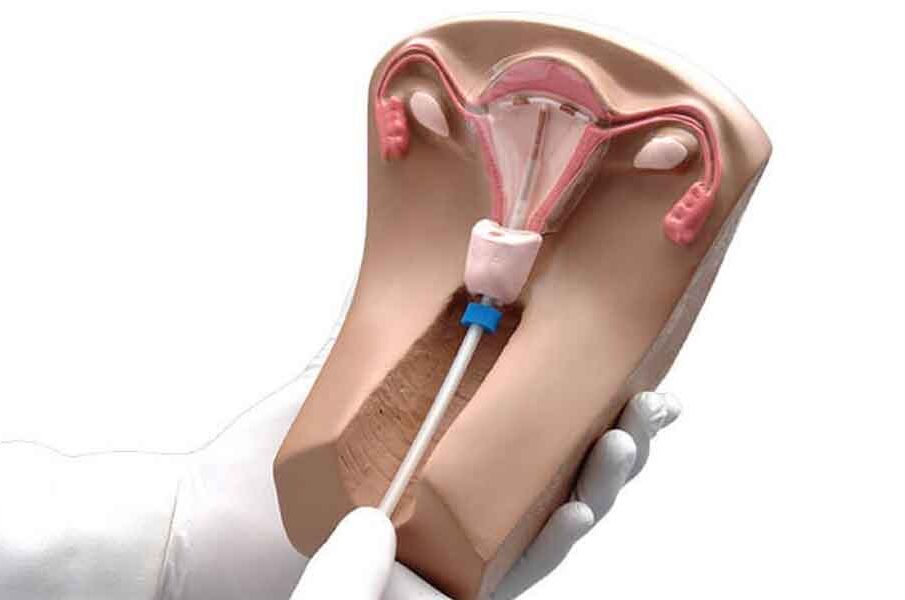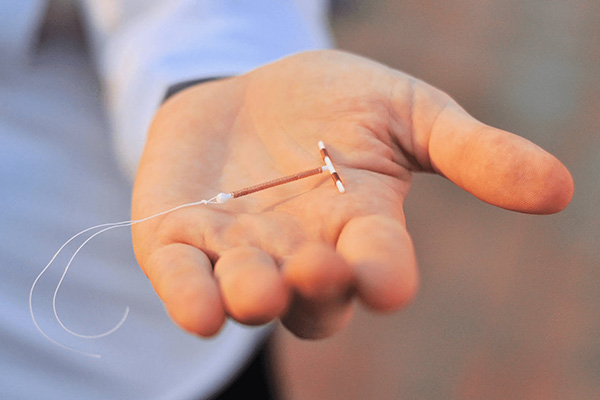Top 5 Questions Women Ask About IUDs and Other Birth Control Methods

When it comes to birth control, there is no such thing as a “one-size-fits-all” solution. Each woman’s body, lifestyle, and objectives are unique. That’s why selecting the best method often begins with the right questions. Below are the top five questions women ask when considering IUDs and other birth control options.
1. What’s the Difference Between Hormonal and Non-Hormonal Options?
Hormonal forms of birth control—such as pills, hormonal IUDs, injections, and implants—act by releasing man-made hormones that suppress ovulation or thicken cervical mucus. Non-hormonal forms, such as the copper IUD or condoms, do not use hormones and might be best for women who are sensitive to hormonal side effects.
Knowing how your body reacts to hormones is the first step. If you don’t know, a brief consultation with your OB-GYN can give you the pros and cons of each option.
2. Is the IUD Safe? Will It Hurt?
The IUD is one of the most effective long-term options. It’s a tiny T-shaped object placed in the uterus by a trained physician. Although some women feel mild to moderate cramping during insertion, the process is usually brief and safe.
Pain tolerance is different for everyone, so it’s fine to inquire about pain relief beforehand. Once it’s in, most women don’t even notice it.
3. Can I Still Get Pregnant After Using Birth Control?

Yes—most birth control is reversible. When you discontinue them, your body usually returns to its natural fertility. For example, fertility is usually restored rapidly after taking out an IUD or ending the pill, though somewhat less rapidly with injectables.
4. How Do I Know Which Method is Best for Me?
Your life style, health history, marital status, and plans for the future regarding family all come into play. If you don’t want to have to think about birth control every day, longer-acting methods such as the IUD or implant may be best. If you desire more flexibility, pills or patches may be better.
TALKING TO A DOCTOR can assist you in making an informed decision. Websites such as NowServing PH facilitate this by conducting online consultations, so you may obtain advice while staying at home.
5. Do I Need a Check-Up or a Medical Certificate Before Starting Birth Control?
It varies depending on the method. For implants and IUDs, you’ll need a face-to-face procedure with your physician. Your employer or school might also require a **medical certificate** after consultation or treatment, particularly if you require rest time or for absence documentation.
The best news? Telehealth lets you consult, order a certificate, and even obtain e-prescriptions from the convenience of your home.











